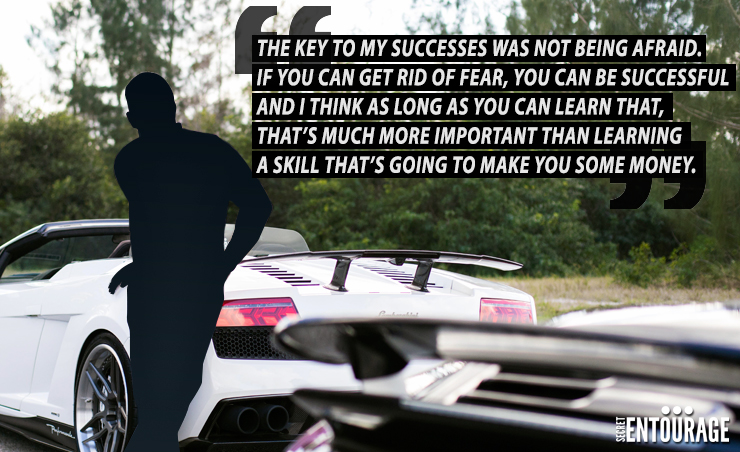
I was born in Paris, France and as an only child to a single mother. I was not born into money or an estate of any sort. As a matter of fact, my mother was fairly poor but we found ways to make ends meet, despite very poor economical times. We escaped as refugees from Iran and I grew up in Paris for most of my childhood. Around the age of 12 I moved to the United States, after my mom had attempted to do so for a decade. Los Angeles was our first destination where I completed two years of middle school and one year of high school. I was never very good in high school, and was often found arguing with professors about my poor grades. It was three years later or so that I moved once again and found myself in the calmer state of Virginia where I guess you can say is where it all began.

Coming from a struggling single mother, luxuries were never part of my lifestyle growing up. Instead, my mom worked really hard to enable her and I to have a good life where food, shelter, and our basic needs were always taken care of. Seeing her struggle and wanting to help us pushed me to start working early on. At the age of 14, I started wanting things like everyone else from your video games to saving up for a nice car for when I turn 16. I started dreaming as every other teenager does so I decided to get a job.
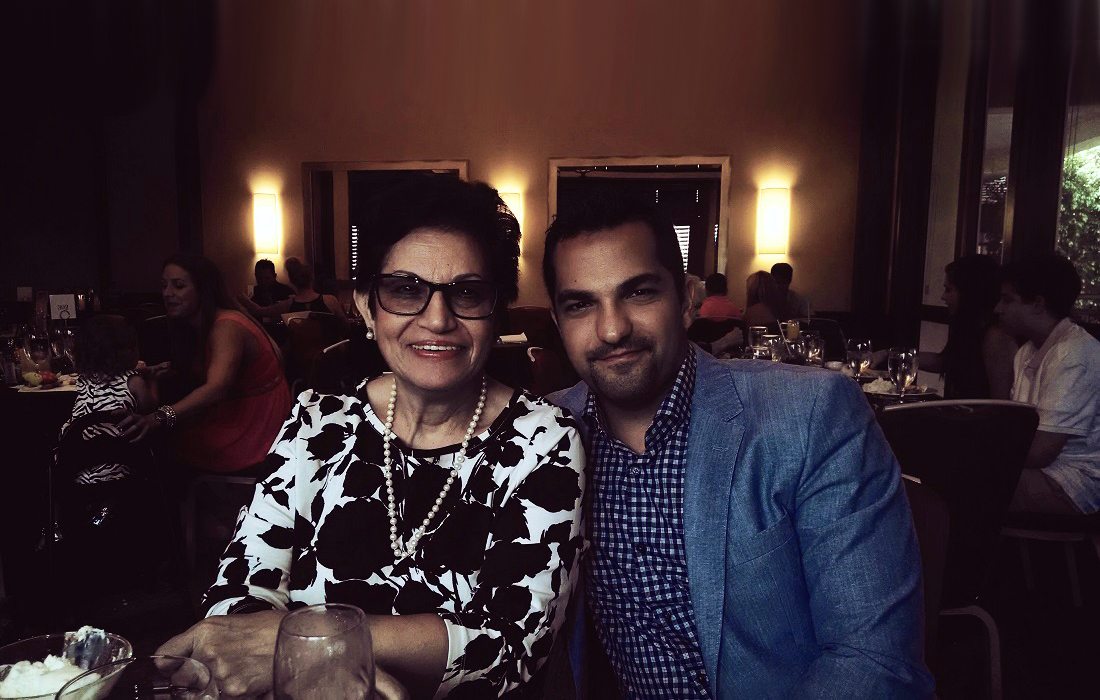
One day I walked into the school cafeteria to discover an opportunity to work as a telemarketer and earn wages of $12 / hr plus commissions which I felt was more than fair especially considering my friends were earning only $6 / hr working at the local malls.

I worked for this company for about 5 years, one and a half of which I spent as a telemarketer, and the other three as the director of the company. After my first two years there, the owner noticed me and decided to promote me on the basis that I was the only employee that had stayed and worked for him for 2 consecutive years without a single complaint. I had no reason to complain as I was making $2500 / week being only 15, part time, having no expenses, and all the while going through high school. My commissions alone earned me more than my mom’s salary, which now made me an asset to my family.

I was given a lead sheet and was told, “Here are leads. Call them.” We were selling windows, siding and roofing. The difference between me and everybody else was that I knew that I had to keep this job. I had no choice and there wasn’t anybody that was going to hire me without a piece of paper that said I was legal to work. These people didn’t know either. While people made 20 or 30 calls a day, I made 100 but that still didn’t work. I realized then that my strategy wasn’t going to work. People were creating fake leads to look better and I said, “You know what? There’s got to be a better way to do this.”

Because I was in Northern Virginia and there is lots of bad weather like snow and hail that would damage roofs and windows, I started looking up the last few places within a 100 mile radius that had been hit by hail damage in the last 6-8 months. Then I started learning how insurance companies paid up for hail damage so consumers wouldn’t even have to pay for them. I was able to call the neighborhoods and persuade many people to get estimates from us because they needed a roof and made sure they knew they weren’t going to pay for it. I learned that the demand was there and the receptiveness to my call was greater because I was offering a great solution to an existing problem. I became successful in that way going from making $12 / hr to making $2,500 / week in commissions instead working part time.

Years passed and I entered my college years, which were honestly very short lived. As a director of the company since the age of 16, it seemed logical to keep making money rather than focus on school, and so I spent 70-80 / hrs a week working and decided to cut school down to just part time. I felt running the company that I was entrusted with to be of more importance.
A year or so went by before I felt myself going into a comfort zone with money and job security where I simply was no longer applying myself. I was making $75K / yr but had reached the top tier based on the small company I worked for. My dreams drive me and my efforts lead me to my dreams but it was time for newer and bigger dreams. I decided to continue my effort with school and simply gave up my $75,000 / yr for my own potential.

“In other words, I used the opportunity to maximize my learning by using nothing more than my existing free resources. Knowledge is the most important aspect of business, as it never leaves you but rather grows with experience.”

Finance was my next venture, as I always believed that meeting wealthy people would make a difference in my life and it did. I started with a local bank as a manager trainee for the retail side of the bank with a lower salary than what I was making before. My job consisted of opening accounts, managing people, assisting with service issues, and growing revenue for the bank. I was young and was trusted with a bank, which was huge responsibility, and I found that to be enormous opportunity. My past experience in management, sales, and service enabled me to fit right into the role despite my lack of education. I later found my niche in banking and it was around educating and training people, rather than stocks and real estate as I originally envisioned it would be.
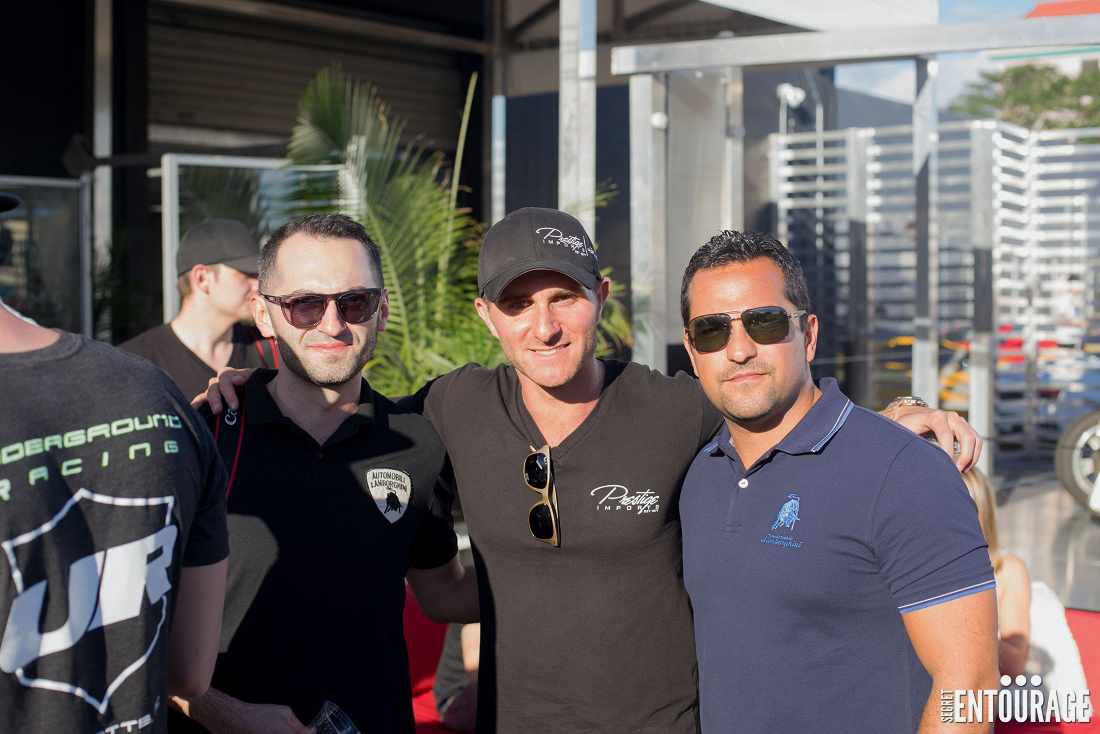
This intrigued me and so did economics so my journey on self-education began at the age of 19. I spent most of my ‘fun years’ studying topics of interest such as economics, financial history, management, real estate, and the stock market instead of partying. Small sacrifices must be made for a greater return to be earned later. This not only allowed me to hold deeper conversations with my clients improving my relationships, but also made it a gateway for me to ask experts I saw at work every day on matters that required further explanation.
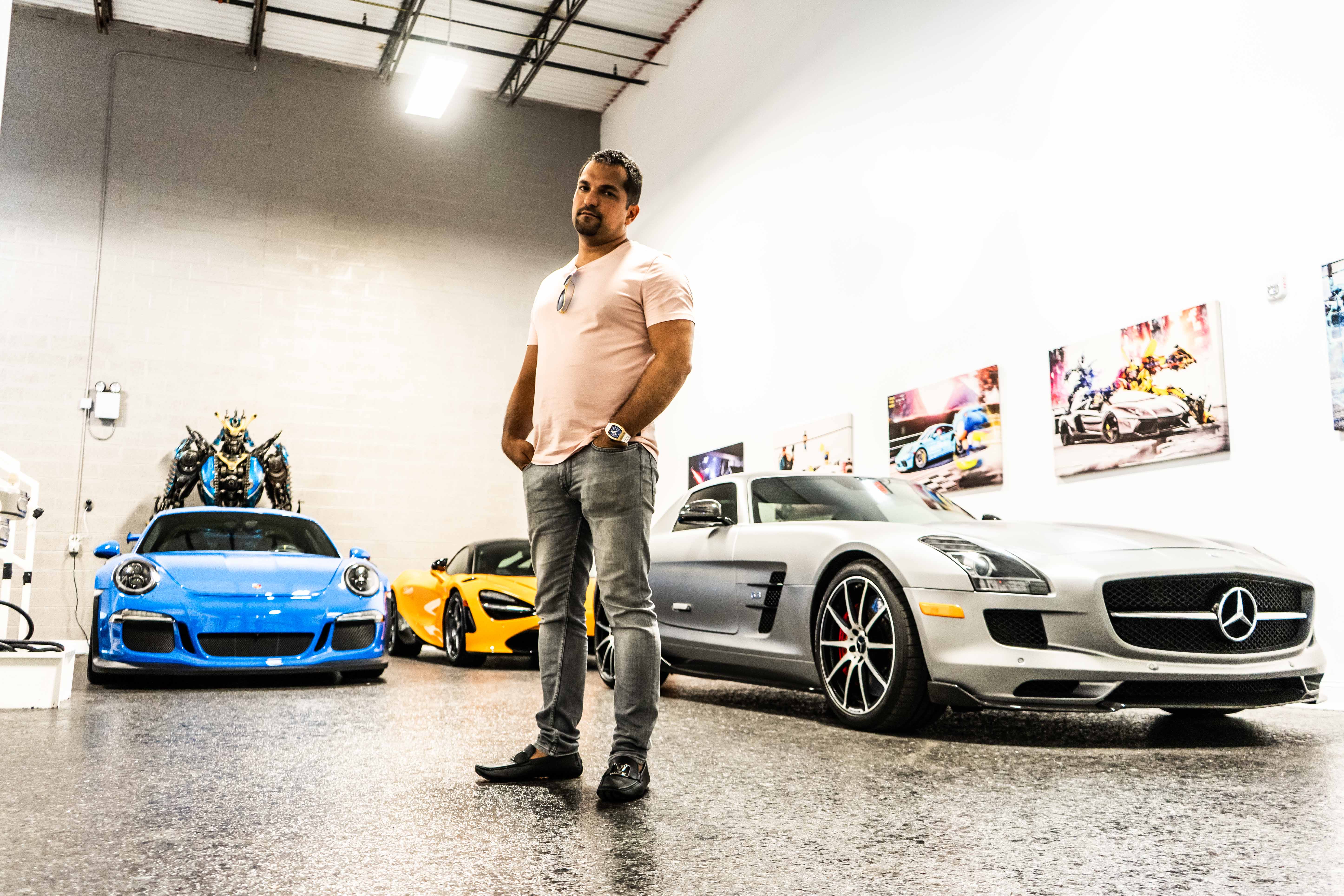

During my time with the bank, I went and borrowed money against my property to invest in real estate, which seemed wise at the time based on the investment potential that presented itself in the market. Financial history repeats itself but it appears in different forms and at different times. I saw an opportunity to buy and sell homes as the area I lived in had a serious supply and demand imbalance.
I took a risk by borrowing money to invest, studied the history of the market, earned my real estate license for less than $125, and I educated myself on my financial options during my finance years. Once again I used nothing more than free available resources to help myself. I wasn’t a realtor, but I got my license to learn and understand how things worked.
My hunch proved right and I kept moving ahead of the market till 2005, in which I had earned well over $2 million dollars in profits alone. 2005 was the last profitable year in real estate, despite the fact that many believed 2006 to also be, it simply was not guaranteed. As they always say “When people invest, be afraid but invest when they are afraid.” When a market becomes saturated with new investors that are simply following a trend as the real estate market was in 2004, then the time window is open to find the next opportunity and get out of the old one as soon as possible.

After I created a few side businesses, one of which was a detailing company that specialized in high-end cars, I started learning how to write off cars and my lifestyle elements to lower its cost on my overall life. I increased not only my net take home income from my corporate job, but also gave myself the greatest gift in the world, access to unlimited creation of my own pay stubs. By being able to write my own income in a “stated” income loan environment meant that I now could buy just about any home I wanted, even those I couldn’t afford.

I forecasted those properties demand would exceed supply as I had seen it in closer areas to my own home. I understood people would look for value further away from the city and positioned myself ahead of the market by securing as many lots as I could all while working hard in my bank. In 2003, people started lining up early to buy some of the lots from those places that I held with deposits, and as expected my 17 lots at the time in new communities were highly valued and demand far exceeded supply, so “premium” would be added to all homes sold and sometimes in excess of $40,000 and in some cases as high as $100,000.

When I saw that people were willing to pay $40,000 just to have a lot, I offered them one of my premium lots at $50,000, which would be ready next month and would not make them wait months to move in. They paid $10,000 extra but saved 6 months and made me $50,000 cash. By being in line, I got to know who was a cash buyer versus those that were seeking financing. It helped me differentiate who to approach and at what dollar amount.

In the end of 2004, I saw the potential for a storm coming and decided to look into a very strong and quick exit strategy. How did I anticipate the storm? I simply paid attention to mainstream as my indicator of Wall Street’s future. I knew how I was using the system to secure lots and loans and so it only made sense that normal people would catch on too. That was my signal to get out. Knowing what I knew about supply and demand and the way banks wrote off losses and gains, I started rethinking my views on how long this ride would last. I also started to see that foreign money was pouring into the country as investments and therefore the whole system had become a giant game, which meant less profits and eventually no profits, followed by massive losses.


When I left work at my bank I was about 25 years old and had a $250,000 salary that wasn’t going to happen again. I had no degree since I chose not to finish school, and I realized that there’s no way someone is going to pay me that amount again, especially when my last reference fired me. Either I can go back and start again from the mid-level and try to make my way all the way up to the top or I can never believe in that crap again and start fresh.
What I did at that point was I decided that I would start a few companies. I had a side business when I was very young. During my telemarketing career, I started a car wash business and I used to wash cars in a parking lot during my breaks from telemarketing. For one hour, I would just go out there and just clean up cars to make a few extra bucks on top of what I was making at the telemarketing place and then that evolved into a car tuning business, and eventually what is known today as VIP Motoring, the ultimate luxury concierge.
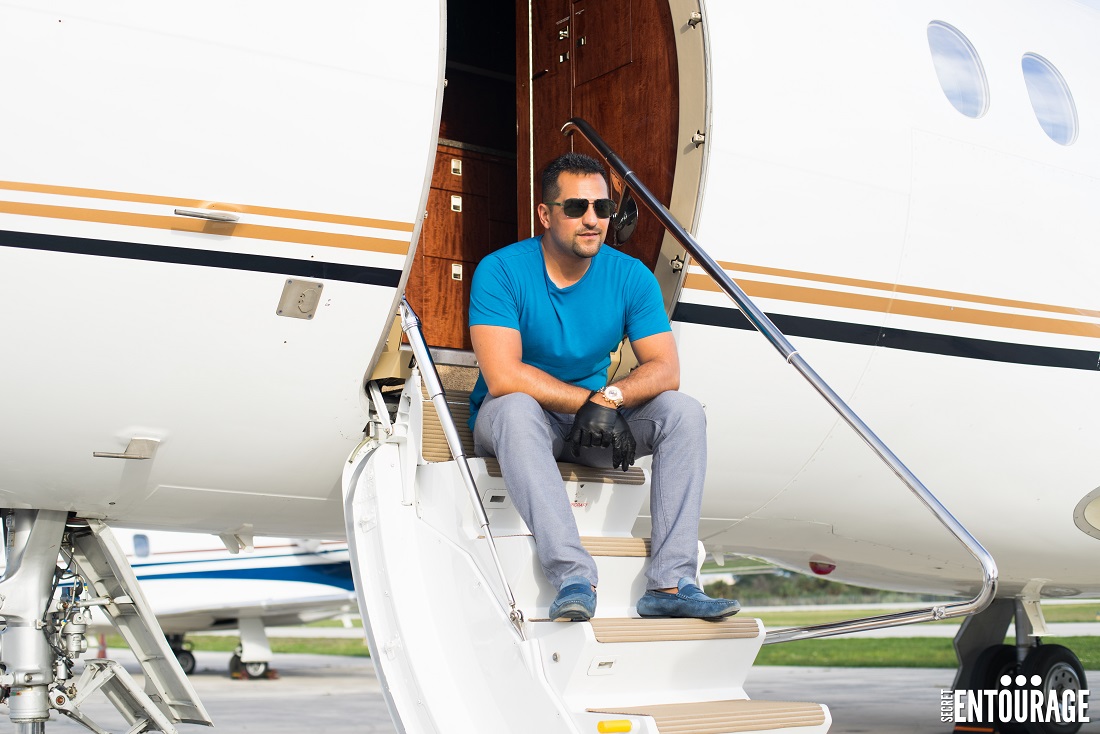
At that point, I also started Secret Consulting, which became a huge branding and digital marketing agency to help individuals with coaching and small businesses with growth that’s now well over seven figures. While I say this in one sentence, do understand that it took 2 years for Secret Consulting to even produce any real revenue. There were many hiccups and mistakes along the way.

At that point, I decided that with all my experiences coaching and teaching people and my huge lifestyle background, it would only make sense to focus on a longer term project whose sole focus would be value creation. This gave birth to project Secret Entourage.
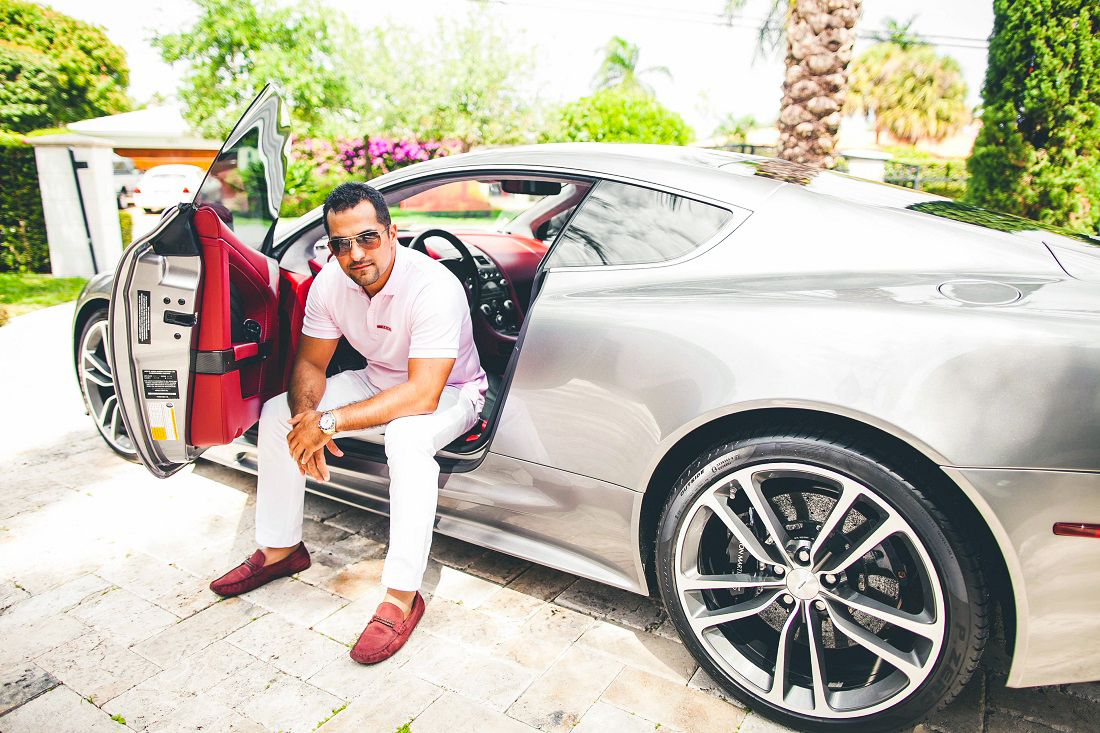


The way we’ve been able to dominate that field for the past few years for VIP Motoring is that we have a very personal approach. Everyone that works with us as a concierge are all successful in their own way. These people also are in the lifestyle scene themselves and understand what people need. Everyone at VIP Motoring has a stake in the business, so that actually helps me a lot because they own their client list but they also own the business part of it so they can never take it elsewhere either. There is also the element that we have a very unique in-house financial advisory model that helps tailor finances to the lifestyle, rather than the other way around.
The fact that we have a vast pool of services in-house, meaning we don’t network out or we don’t refer out, makes our clients very comfortable in conversing and sharing all their information, and then if we need to, we’ll even go as far as hiring a financial adviser from another institution that we know is really good with our clients just to bring them in-house.

At the same time, we’re able to have clear communication, quick enough turnaround on work, and also have a very close knit team that understands all of our clients instead of just getting a job they don’t really understand. They are part of different processes and I think that bringing people in-house has been the success of VIP Motoring and Secret Consulting.
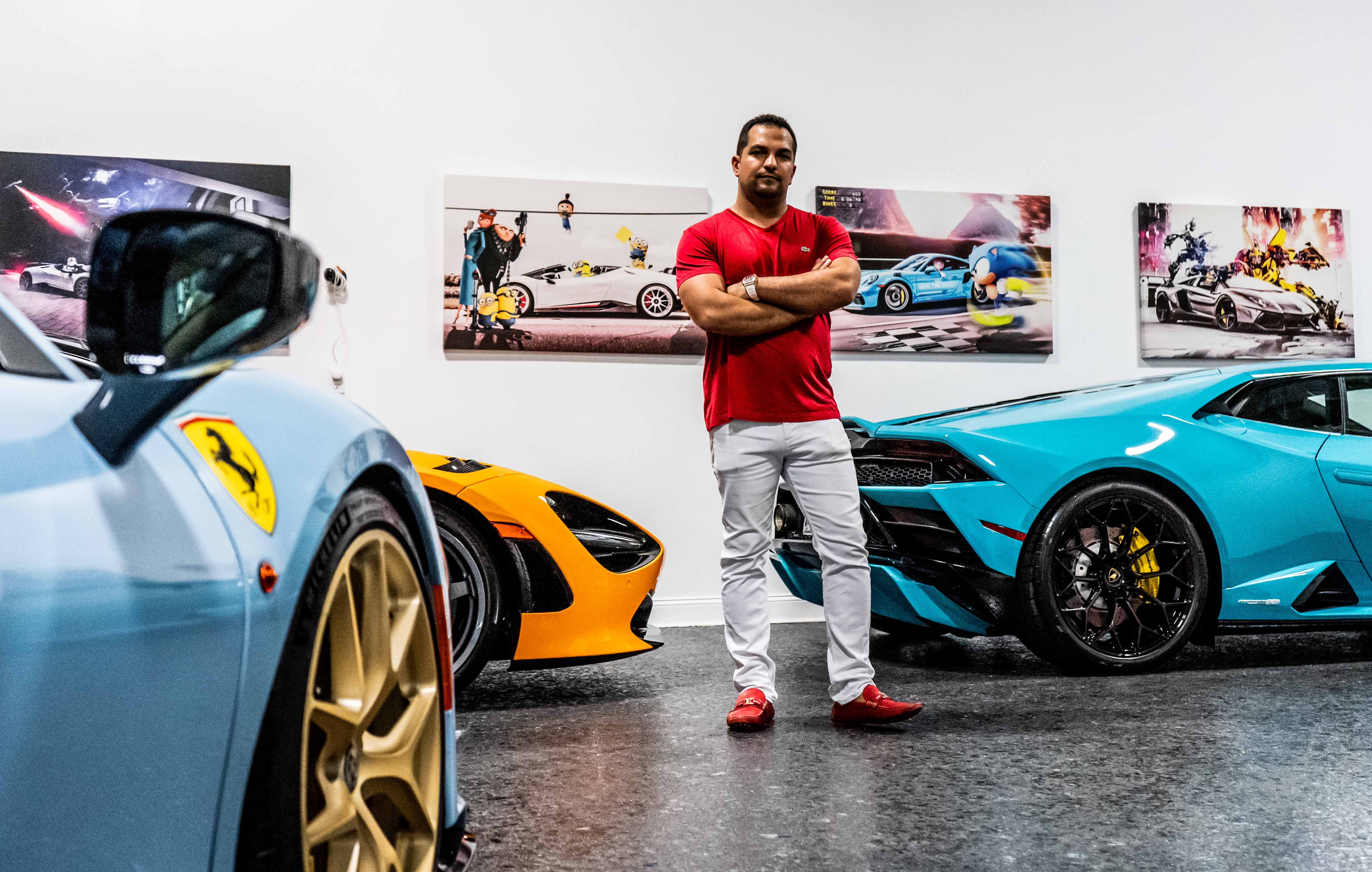
Secret Entourage was terrible in the beginning. It was awful because we had a blog and it just completely sucked. It sucked because we didn’t have good designers whose past work was within the same Gen-Y type field or luxury lifestyle related. We didn’t understand really the logistics behind running a blog. I figured, this was more of a side project and never intended it to become a business. We figured if we put some articles up, people would read them and get motivated.
What ended up happening though was a lot of negativity from people around us. A lot of people were like, “Oh, who are you guys? We don’t care. This is bullshit. You have these cars. You are trying to like sell people crap,” and we weren’t even selling people anything. We had no product nor did we have any kind of service. We were just giving information but we were taking on a lot of negativity.
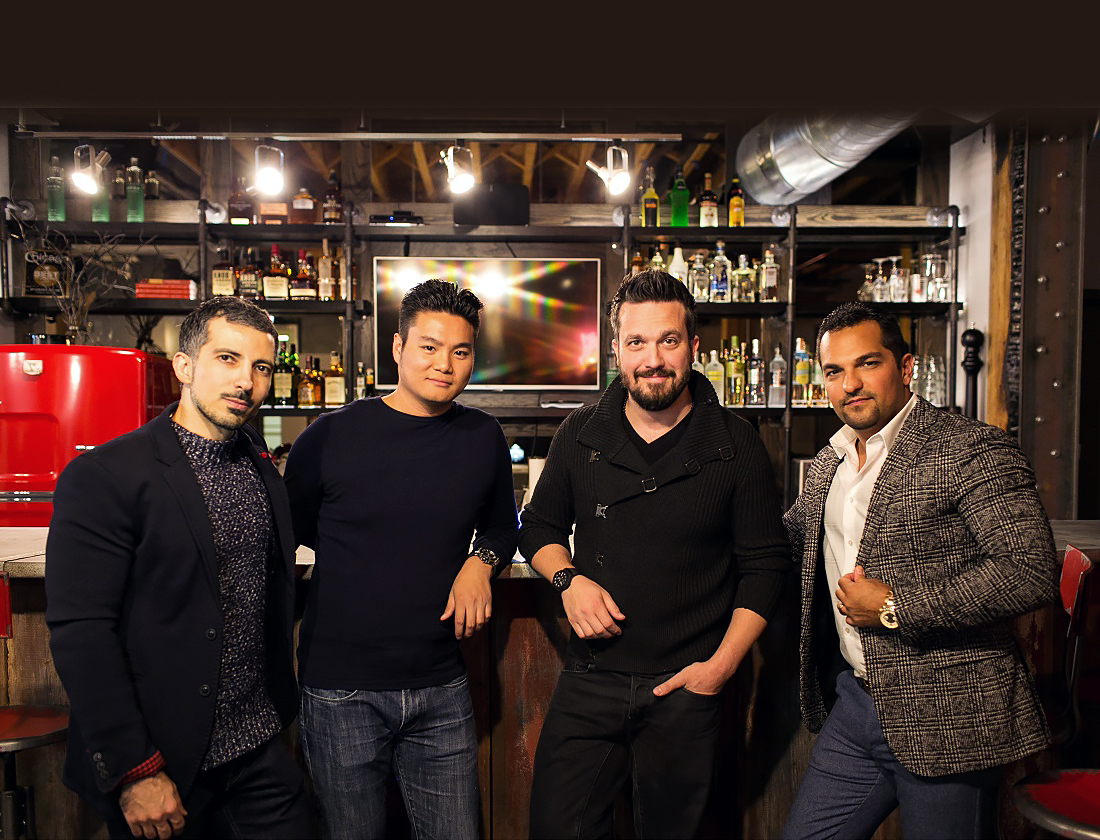
We tried a lot of different things and a lot of things didn’t really work. We had no consistency. We had a branding identity issue and we didn’t really know what we wanted to do with it. It didn’t really get better until a few years later when we started getting systematic in our approach as to how we handle our business.

Today Secret Entourage caters to millions of people and has become one of today’s most accepted forms of entrepreneurial education for Gen-Y and millennials. We have found that we have solved many problems with this platform, and its reach is much more significant than people can imagine. You see, we have not only successfully built a platform that creates tremendous value for our audience, but we have been able to successfully monetize the platform without using ads and without losing our audience, but instead adding even further value. The greatest part of this is that we have now become one of the very few companies who has tapped into this specific audience of ours really well, something many companies have tried to do but failed at miserably.

I engage in conversation with thousands of people throughout the year. Selectively, I find that some people are extremely good at what they do. They have a niche for being excellent at their job or having found something that has positioned them ahead of other people doing the same thing – either that’s a skill, a way they think about a business, or their past experience.
In the Secret Academy, we interview these people and you’ll find a variety of entrepreneurs, people who are starting up, have mastered a niche, or other people who have been very successful at creating multi-million dollar companies and have done that time and time again. But then there are other people who are strictly profit driven, but who share tips on specific things that entrepreneurs need.
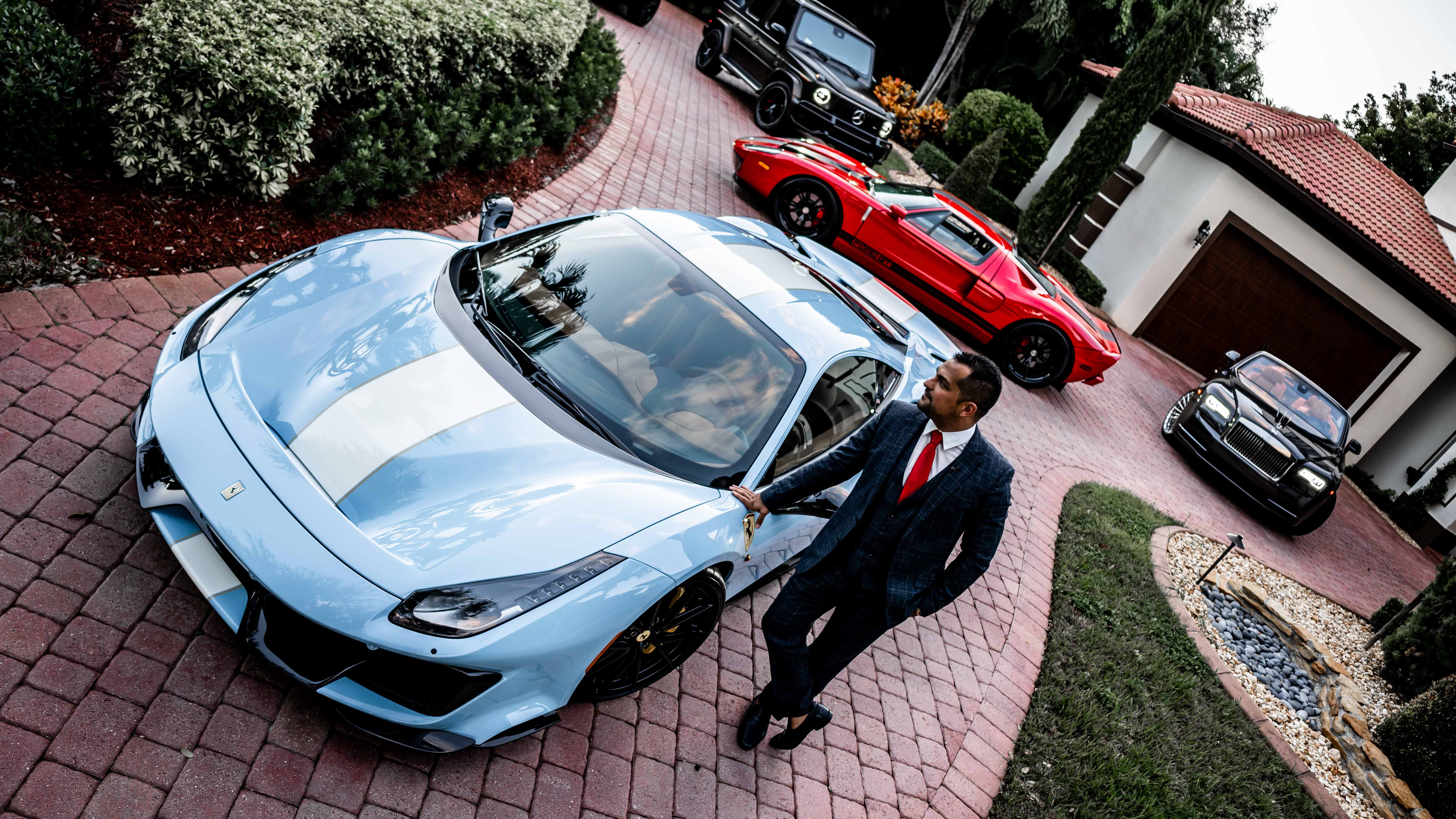
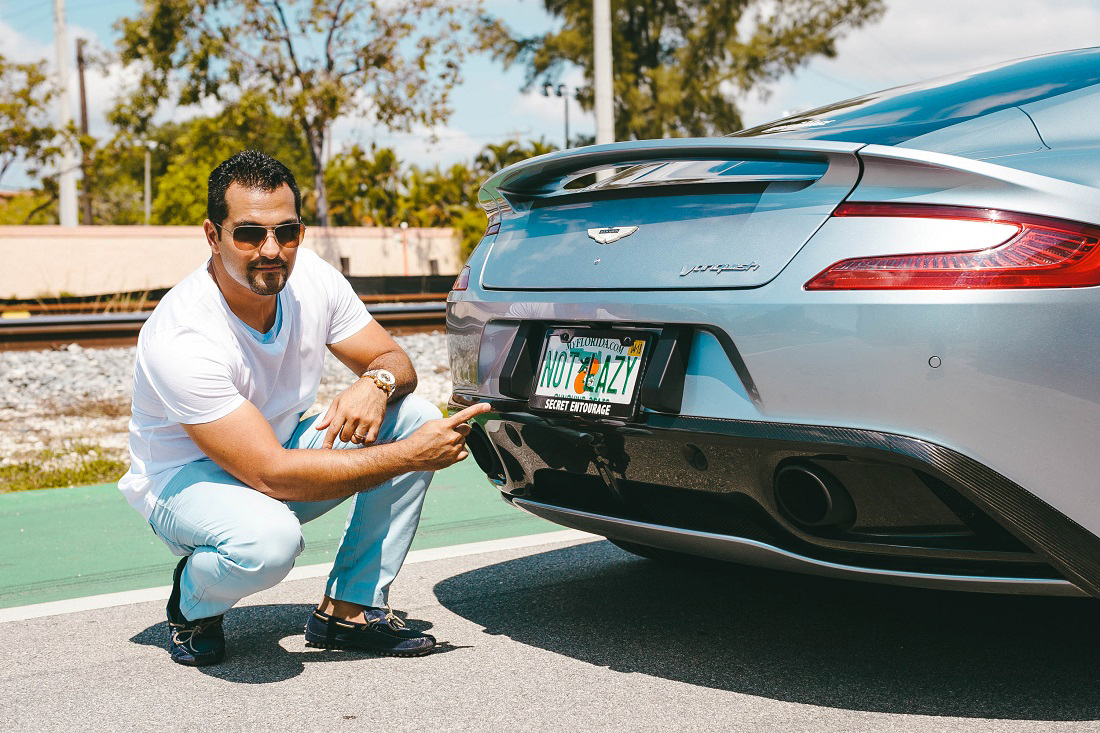
I think that’s the biggest difference between Secret Academy and other places is that we don’t try to portray how to make money and we don’t try to tell people that it will be done overnight. We share a very down to earth realistic look at business and entrepreneurship, and focus our efforts on helping others tell their stories and teach, rather than make the academy about our own teachings. We love talking about the failures more than the success. We do that because we find it very important for people to be able to relate and understand that everything great takes time, and starts small at some point.

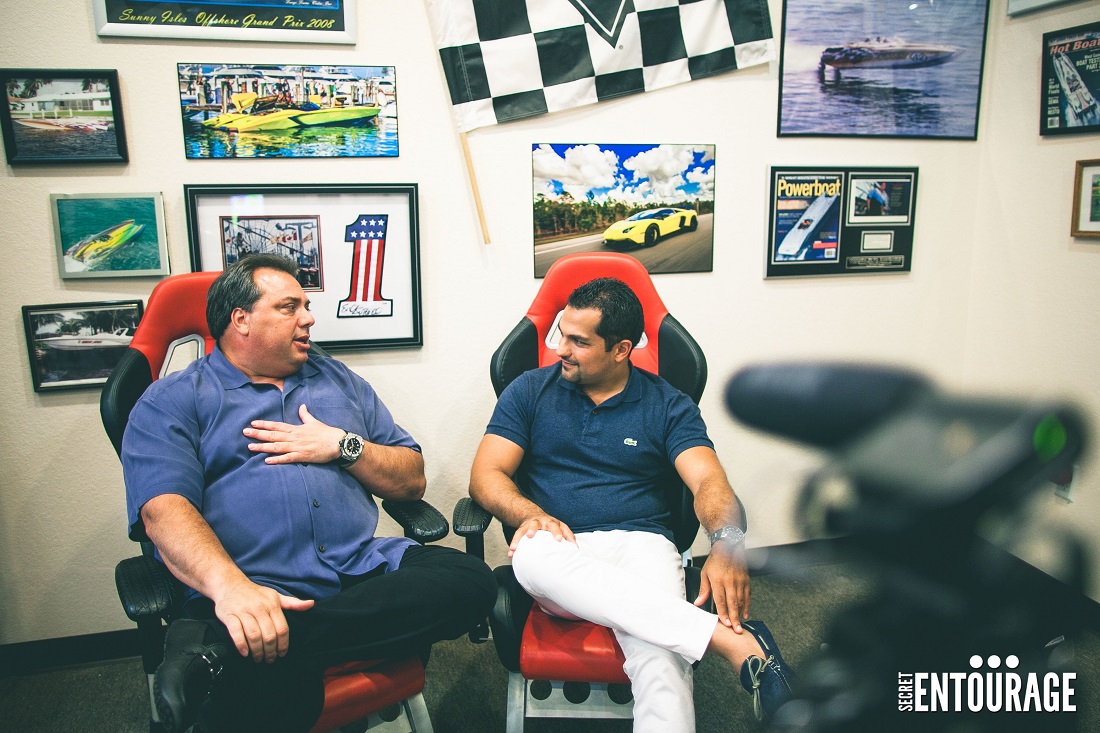
Third Circle Theory is the framework that connects the dots backwards and not forward. Steve Jobs said it best, “Don’t ever try to connect the dots forward and when you do connect the dots for your own life backwards, you start realizing why certain things made a lot of sense.” In my life, I’ve had a lot of experiences coaching people, improving people, leading people, and through these experiences, I’ve learned a lot about how people learn and what works or doesn’t work. I’ve learned everything from what builds trust to what doesn’t function.
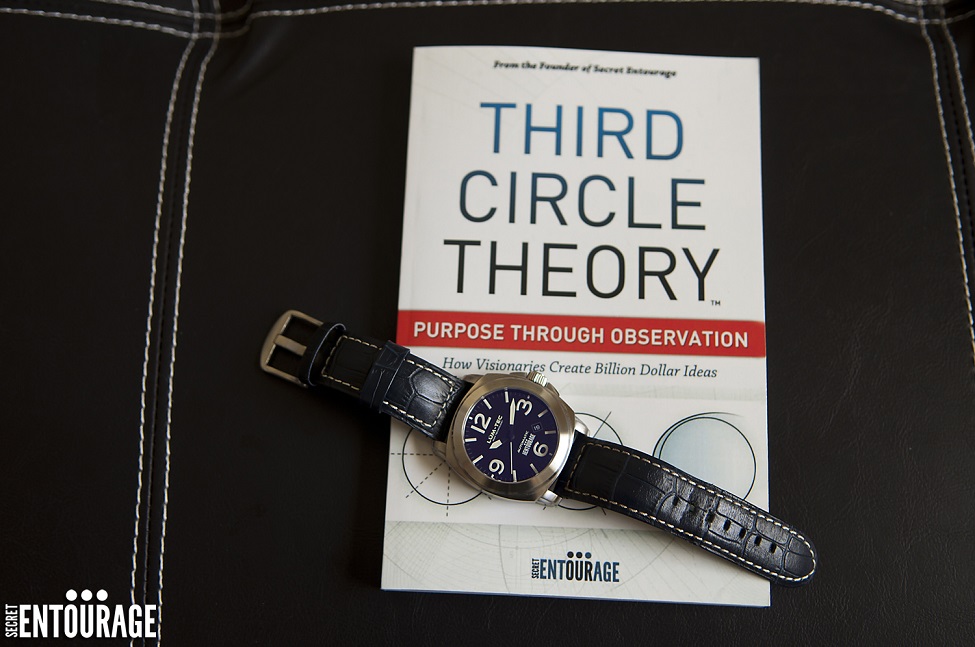
The way I’ve written the book is by breaking everybody’s life into three circles and how I’ve connected the dots backward for myself and progressed through these three circles: as a child to someone who succeeded in society, working for others, as well as someone who is succeeding in business and then entrepreneurship.

We all see different things in life, which enables us to enjoy life for different values and convenience. The most important factor here is that my book doesn’t tell you or teach you, it influences you and challenges you to re-evaluate yourself. You and only you can create change in your own life, and this book is that catalyst for tens of thousands.
This idea of the three circles is simple but very in-depth and shares the three pillars that everyone must master in order to move forward. The mastery of circumstance is circle one, the mastery of society is circle two, and finally the third circle is the mastery of life. To reach a very high level of fulfillment and to live a life with purpose, one must understand these three important components of their own lives.
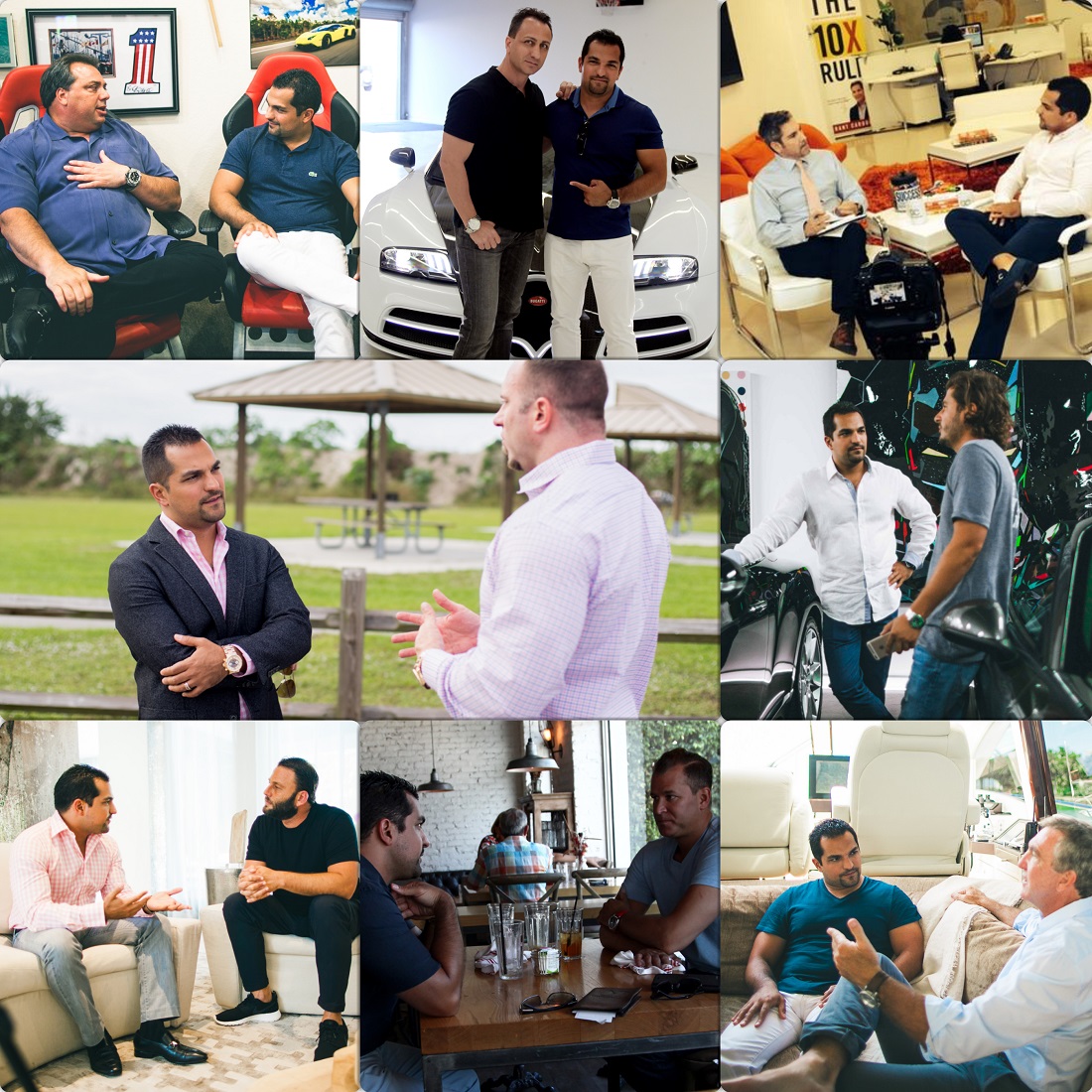
“Failure is part of the learning process that is a must for every single person on earth. You have to fail in order to know what didn’t work so that you can eventually tweak it enough to find a way that works.”
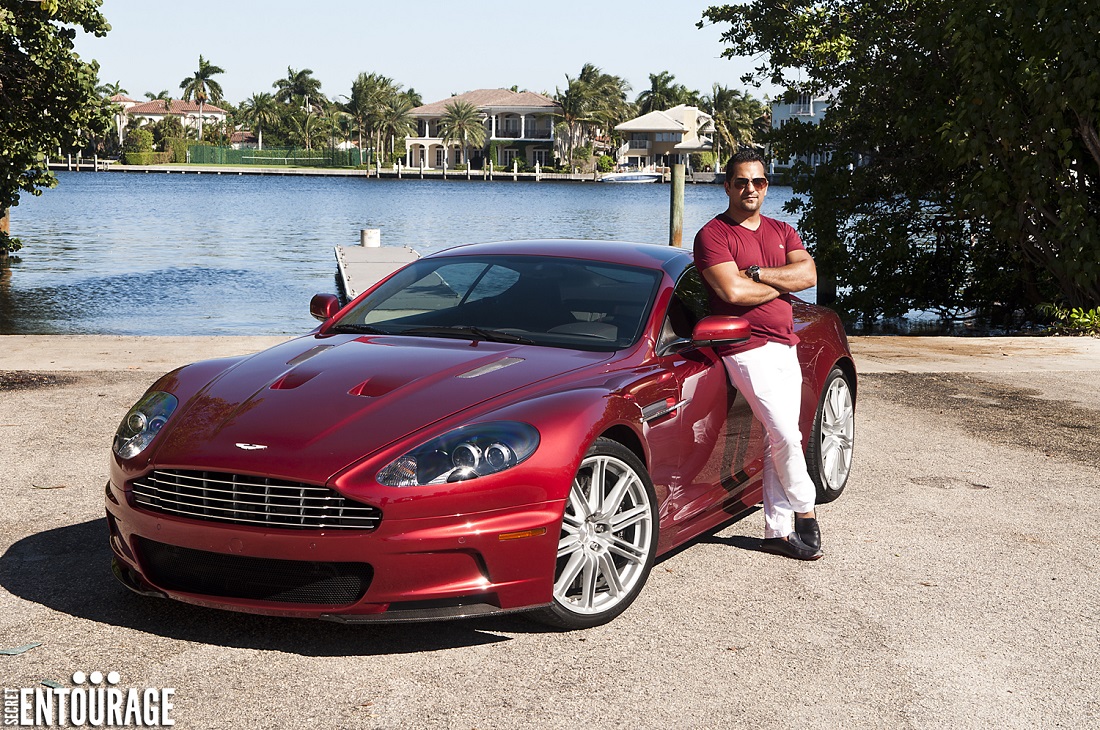
I don’t think there is this thing called failure. I don’t think failure is real. It’s an illusion we create for ourselves. It’s self-inflicted. It’s something that’s in our minds where we tell ourselves we haven’t reached our goal. The problem is that we associate that attempt to reach our goal with failure, which is not accurate at all.

That becomes a tremendous mistake because what ends up happening is you hurt your own self-confidence instead of helping yourself get further because you just believe that you are not doing well, when in reality you are doing very well, you are learning and moving one step closer to your goal. The key to my successes was not being afraid. If you can get rid of fear, you can be successful and I think as long as you can learn that, that’s much more important than learning a skill that’s going to make you some money.

Secret Entourage has already reached a level far above and beyond what I expected it to reach and I’m very proud that Third Circle Theory was the catalyst for that change. It was very important that Third Circle Theory came into the equation because it helped piece together what Secret Entourage really is. I think with the Secret Academy being on its second version and getting praise everywhere, we are now in the final stages of making Secret Entourage what it was meant to be.


I would say that my biggest focus in the next few years is to really focus on helping people with credit issues and help educate others around the finance arena. That’s somewhere where you will be seeing a lot more projects coming up. I’ve got a few companies coming out around helping people really take their understanding of the exotic car and watches industries to the next level with an educational platform for it.


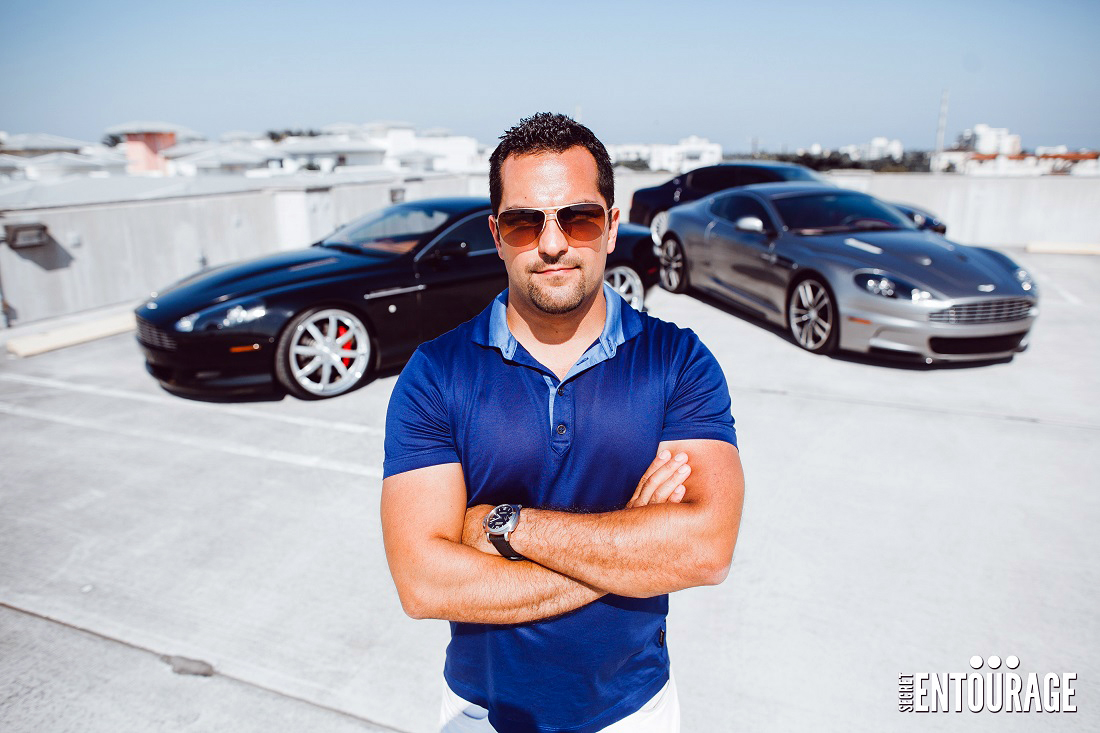
“Failure is part of the learning process that is a must for every single person on earth. You have to fail in order to know what didn’t work so that you can eventually tweak it enough to find a way that works… If you can get rid of fear, you can be successful and I think as long as you can learn that, that’s much more important than learning a skill that’s going to make you some money.”

